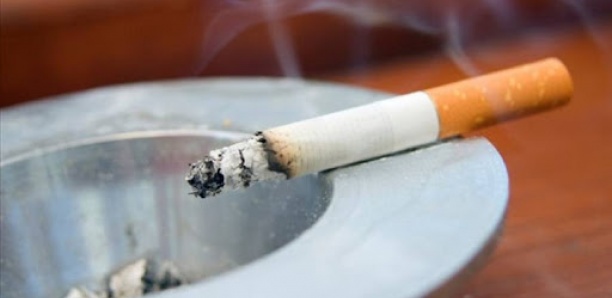Date

This article was first published by Seneweb on 6th April, 2024
Senegal is still far from the 70% tax on the price of tobacco. Our country is still at 23%. Overall, the tax base is considered low. However, given the harmful effects of tobacco on health, it is important to increase the tax to dissuade users, finance the fight against tobacco and contribute to the management of certain non-communicable diseases of which it is the cause. At least according to the regional coordinator of the NGO Campaign for Tobacco-Free Kids (CTFK), Bamba Sagna. He spoke this Saturday as part of an exchange workshop organized by the advocacy project for Tobacco Taxation in Senegal (TTAA) in collaboration with the Association of Journalists in Population Health and Development (AJSPD).
The World Health Organization aims to reduce the cost of health and the economic impact of tobacco throughout the world, but also to implement strategies to reduce tobacco consumption such as: increasing the tax on tobacco. In this context is the Framework Convention on Tobacco Control (FCTC) which came into force on February 27, 2005. In the same vein, Tax Justice Network Africa (TJNA), a pan-African organization is committed to tobacco control with a project called Advocacy for Tobacco Taxation (TTAA). Led by the civil forum, it is part of the continuity of civil society and its associations which are already in the fight. Its implementation should make it possible to achieve an effective and efficient increase in the tobacco tax. This involves achieving an increase in the tax on tobacco products, reducing their consumption, increasing the State's tax resources and reducing the cost of public health. The project started two years ago with countries like Kenya and Ghana. South Africa and Senegal joined in the third year.
Furthermore, Bamba Sagna emphasizes that the limits of tobacco tax policy in Senegal result in addition to the low base, from the shortcomings of the ad valorem type tax on the tax declared in local currency compared to the specific tax that is- i.e. on the quantity in kilograms to the number of packages. It also recommends, applying the ECOWAS directive instead of that of the UEMOA, to introduce a specific tax of at least 0.02 US dollars or 11 FCFA per cigarette and 20.00 dollars or 10 000 FCFA per kilogram of other tobacco products, following ECOWAS directives and to increase the specific tax rate at least once a year, to keep up with rising inflation and income. It also calls for levying the ad valorem tax on the retail price of tobacco products, rather than on the import value/ex-factory price, but also to consider investing the additional tax revenue generated in tobacco control as well as in other public health initiatives such as Universal Health Coverage (CMU), tobacco control and non-communicable diseases.
As a reminder, after the ratification of the FCTC, Senegal adopted Law No. 2014-14 of March 28, 2014, relating to the manufacturing, packaging, labelling, sale and use of tobacco. Senegal has also ratified the protocol on Illicit Trade in Tobacco Products (IPT) and put in place anti-tobacco instruments such as the National Program to Combat Smoking (PNLT) and the National Committee to Combat Smoking (CNLT). The new anti-tobacco law, however, does not include the financial aspects of the fight. It is Ministerial Decree No. 19479 of August 17, 2018, which provides for the application of an ad valorem tax on cigarettes. However, this taxation does not have a significant impact on the price of tobacco and is not dissuasive.